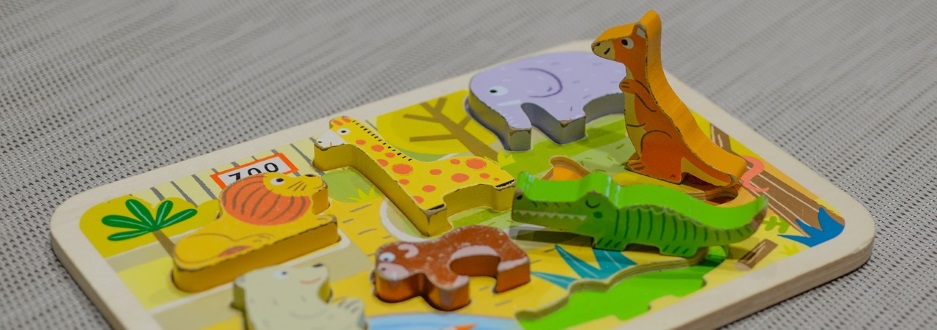Sympathy for migrants was palpable after the news media covering the Syrian migrant crisis showed images of a dead boy, Aylan Kurdi, washed up on a beach, among other child and adult victims (http://www.bbc.co.uk/news/world-europe-34133210). In some ways, the power of this single image is not surprising. Organisations have long suspected that they can enhance interest and support by putting children front and centre in their campaigns. For instance, children have been featured in campaigns for charity donations, environmental protection, healthy living, and to tackle smoking.

Such initiatives raise a key theoretical and applied question that has yet to be addressed: do children activate pro-social motivation in adults? Do children encourage us to be more helpful?
From an evolutionary perspective, we may have a biologically ingrained desire to provide children with resources and a safe and cooperative environment, to enhance offspring survival. In fact, previous research has shown that children – and even adults who are baby-faced – elicit protective and care-taking motivations, empathy, patience and compassion.

However, while this evidence suggests that children and childlike adults elicit more pro-social motivation, research has not yet examined whether the salience of children can increase adults’ pro-social motivation to other adults, and not just to children or child-like adults.
In our previous pilot work, participants who were asked to write about what a typical child is like were more likely to exhibit pro-social values (for example, helpfulness). This project will examine this effect in more breadth and depth.
Related publications:
Glocker, M. L., Langleben, D. D., Ruparel, K., Loughead, J. W., Gur, R. C. & Sachser, N. (2009). Baby schema in infant faces induces cuteness perception and motivation for caretaking in adults. Ethology, 115, 257-263. https://doi.org/10.1111/j.1439-0310.2008.01603.x
Keating, C. F., Randall, D. W., Kendrick, T. & Gutshall, K. A. (2003). Do babyfaced adults receive more help? The (cross-cultural) case of the lost resume. Journal of Nonverbal Behavior, 27, 89-109. https://doi.org/10.1023/A:1023962425692
Lishner, D. A., Oceja, L. V., Stocks, E. L. & Zaspel, K. (2008). The effect of infant-like characteristics on empathic concern for adults in need. Motivation and Emotion, 32, 270-277. https://doi.org/10.1007/s11031-008-9101-5
Maio, G. R. (2017). The Psychology of Values. Psychology Press.
Schwartz, S. H. (2012). An overview of the Schwartz theory of basic values. Online readings in Psychology and Culture, 2(1). doi.org/10.9707/2307-0919.1116
Wolf, L. J., Maio, G. R., Karremans, J. C., & Leygue, C. (2017). On implicit racial prejudice against infants. Group Processes & Intergroup Relations, 20(6), 789-800. https://doi.org/10.1177/1368430216629812

